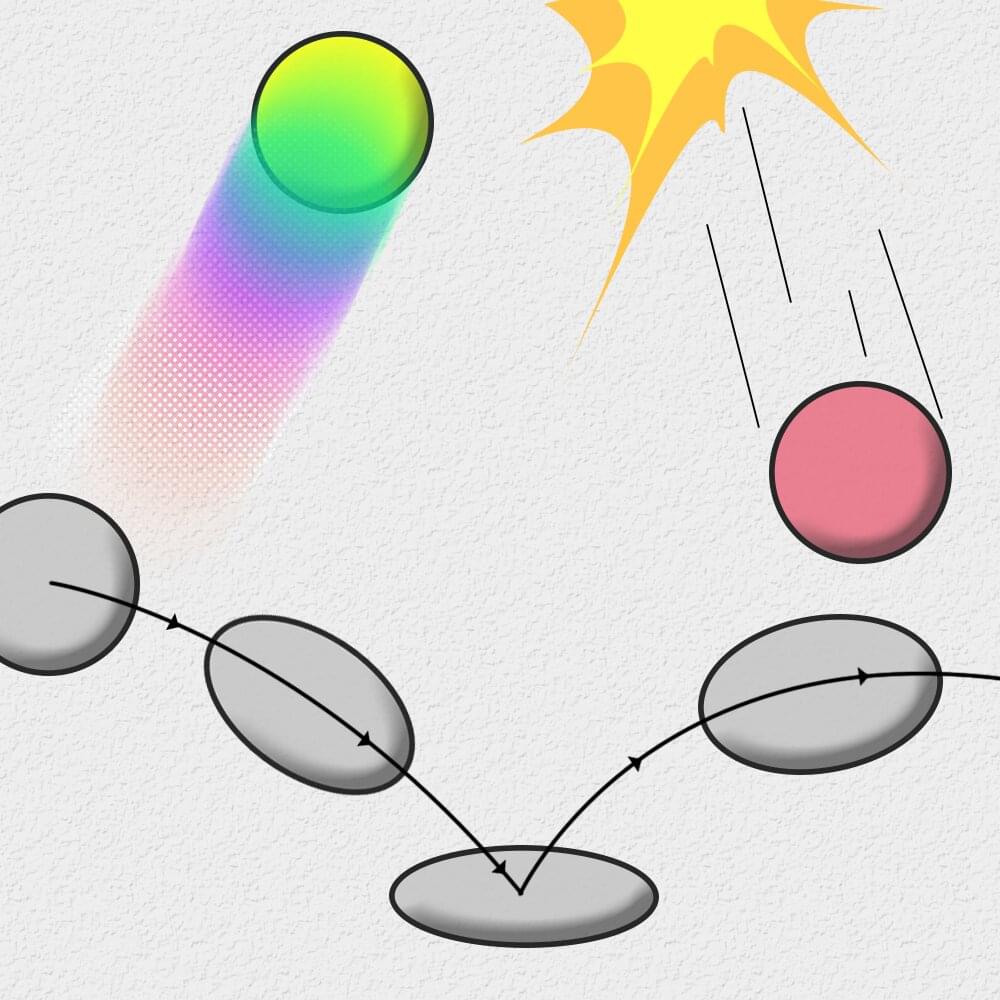Visual effects (VFX) can help to make videogames more engaging and immersive for players. However, they are often also designed to support players, for instance, by pointing them to specific locations or highlighting helpful game features.
Researchers at University of California, Santa Cruz (UCSC) have recently carried out a study investigating the ways in which VFX can help videogame players to make sense of the virtual worlds and environments they are navigating. Their paper, pre-published on arXiv and presented at the IEEE VIS Workshop on Visualization for the Digital Humanities (VIS4DH), could guide the future development of both videogames and data visualization tools.
“Our study mostly builds upon our engagement with two distinct communities: the data visualization research and the videogame communities,” Henry Zhou, one of the researchers who carried out the study, told TechXplore. “The Computational Media department at UCSC has a mixture of scholars interested in both media artifacts. The paper originated from my colleague Angus G. Forbes’ observation of a general minimalist aesthetic as practicing wisdom in the data visualization research community, especially when it comes to visual effects (VFX) and animation.”





